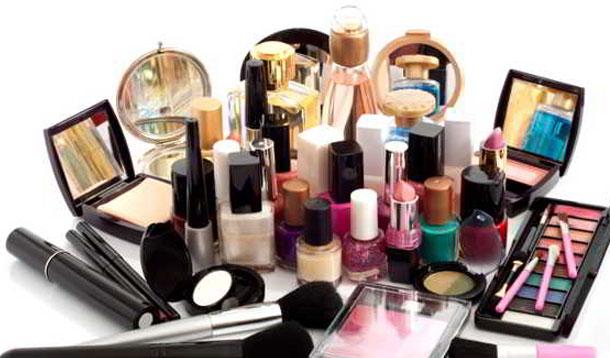
The cosmetics industry is very good at convincing consumers that marketing language is indeed fact. The level of misleading claims is staggering. When I review products one of my criteria is if the product can deliver on the marketing claims. Seldom do product deliver on their implied claims.
Here are the five most common marketing claims that simply cannot live up to their impressions.
1. All-Natural
This claim means absolutely nothing as everything in the biosphere is "natural." The misleading implication is that the product is somehow organic, green or some other variation of these themes. Reality is the term "all-natural" has no regulation and since all ingredients are found in nature technically this label can be applied to any cosmetic product. Marketers know that "natural" is always associated with "safer" yet the terminology simply means that the formula contains ingredients which appear in nature. All ingredients appear in nature — safety is another issue altogether.

2. Chemical-Free
This is just plain wrong. Everything used in a cosmetic is a chemical. Water is a chemical. It is simply impossible to create a cosmetic product without using chemicals to do so. This claim is also used to denote safety but it is simply just plain incorrect.
3. Hypoallergenic
This is a made up word that has no medical meaning. It does not denote any special testing or formulating in any way. In 1975 the FDA tried to regulate the word and create an industry standard for its application to cosmetics. However, the Estee Lauder corporation was successful is challenging this in court. To this day the word has no real meaning when applied to cosmetics. Any cosmetic can be labelled hypoallergenic. This is misleading because consumers have been convinced hypoallergenic products are more gentle and less likely to trigger a reaction. Products labelled hypoallergenic are in no way more gentle or less likely to trigger an allergy than a product which is not labelled hypoallergenic.

4. Patented Product
Cosmetics companies love to list patents to describe their products. Consumers are convinced patented means the formula has been proven to work as described. However, a patent is relatively easy to grant based on some very minimal criteria. Patents do not prove, in any way, the product actually performs as described. In fact, to gain a patent a product does not even have to prove it works at all. It simply has to prove it is presenting its use in a unique fashion. Guess, for what, the majority of cosmetics patents are granted — packaging design. Packaging has absolutely nothing to do with the efficacy of a formula. One step worse is "patent pending" this means that the company has filed for a patent but one may never even be issued.
5. Reduces the Appearances of Wrinkles
Every anti-ageing product carries this claim. The words imply something that is simply not biologically possible. This misleads consumers to think the product can remove a wrinkle or reverse the ageing process. It simply is not possible. The word "appearance" is the caveat here. By including this word marketers get off the hook for any product that does not remove a wrinkle. The appearance of a wrinkle can simply be diminished through moisturization. All moisturizers reduce the appearance of wrinkles — but guess what — after 12 hours the wrinkles reappear as the moisturizer stops working.

Why to see other beauty BUSTED? Find out if Bio Oil is effective or just a scam and see my top picks in sunscreen.